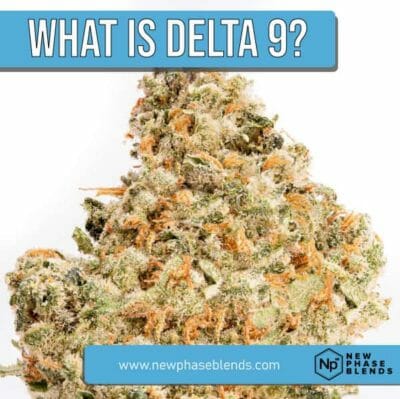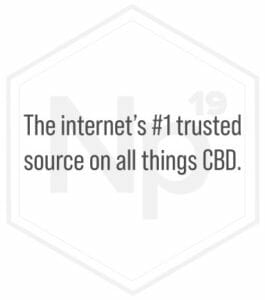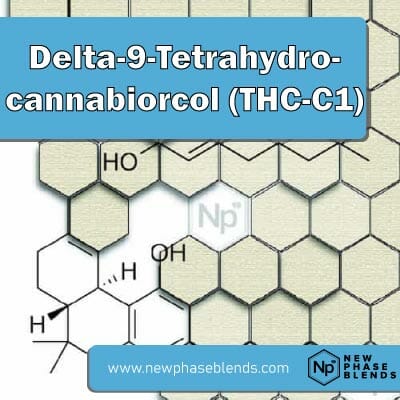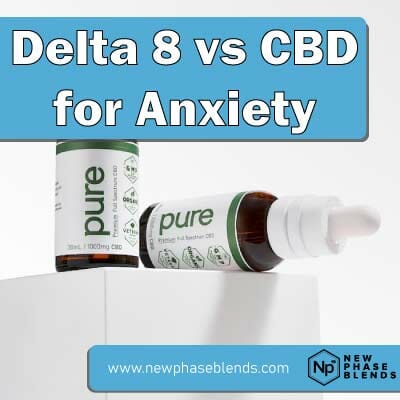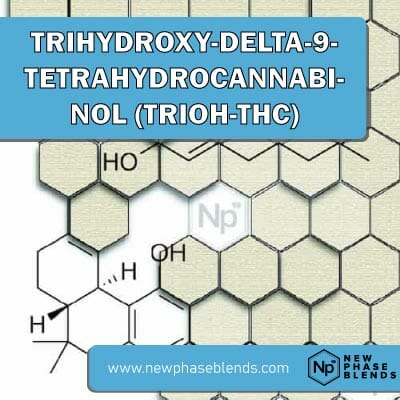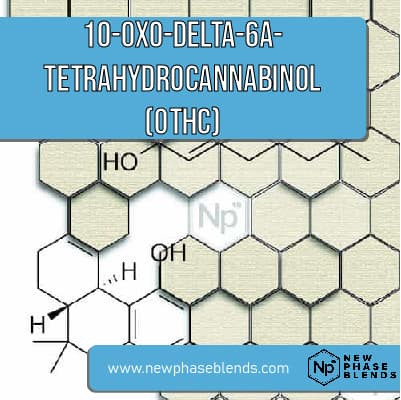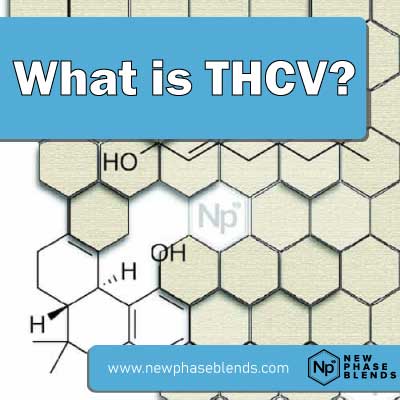When we talk about CBD and other cannabis products, we undoubtedly discuss THC at some point. THC is a cannabinoid molecule that is found in hemp and marijuana plants alike. There are many different cannabinoids, and each one has its beneficial properties. All that said, what is delta 9? In this article, we take a closer look at delta 9 THC. Other names for delta 9 include: d9, d9THC, delta nine, and delta 9. Keep in mind when reading this article that all of these names mean the same thing. By understanding what Delta 9 is and how it benefits our lives, we can begin on our journey to healing.
For the purposes of this article, we will use the terms delta 9 and THC interchangeably.
Key Takeaways
- Delta-9 THC is the main psychoactive compound found in cannabis that produces the “high” associated with marijuana. It binds to cannabinoid receptors in the brain.
- Delta-9 THC is produced in crystal resin glands found on cannabis flowers, leaves, and stems in varying concentrations depending on factors like genetics and growth conditions.
- When inhaled or ingested, delta-9 THC stimulates the release of dopamine in the brain’s reward system leading to euphoric effects. It also impacts things like sensory perception, motor control, cognition, and memory retention.
- The potency of cannabis products depends heavily on their delta-9 THC levels. Concentrates can contain up to 90% THC while the average flower sample contains around 15-20% THC currently.
What is Delta 9 THC?
The full scientific name for Delta 9 is delta-9-tetrahydrocannabinol, or delta-9-THC for short. Some people choose to just call it ‘delta 9.’ Regardless, it’s all the same compound. Delta 9 THC is one of many significant cannabinoids that can be found in abundance within cannabis plants.
Both Delta 9 THC and CBD (cannabidiol) are the most widely recognized cannabinoids by many different people. While CBD and THC share similarities, they are quite different.
THC is well known by many that use medicinal marijuana and hemp plant products daily, and it is perhaps most well known for its psychoactive properties in high doses. Extracting Delta 9 is also (usually) relatively cheap and easy, which is partly why the medical marijuana industry is so lucrative.
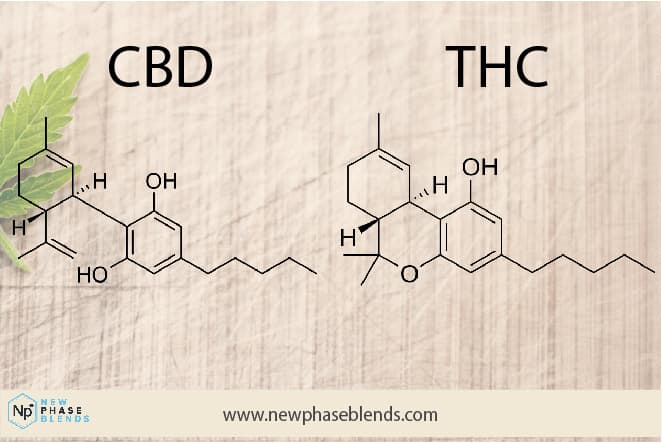
Marijuana and hemp plants are almost identical, except for one thing: THC content. Hemp plants cannot, by law, contain more than 0.3% THC. If they do, they are automatically classified as marijuana, and cultivators / resellers must abide by a much more strict set of laws when handling and processing THC.
Delta 9 is only one of 400 active substances and compounds derived from hemp and medical cannabis plants. It is one of the 124 known cannabinoids that are commonly sought after for its medicinal properties.
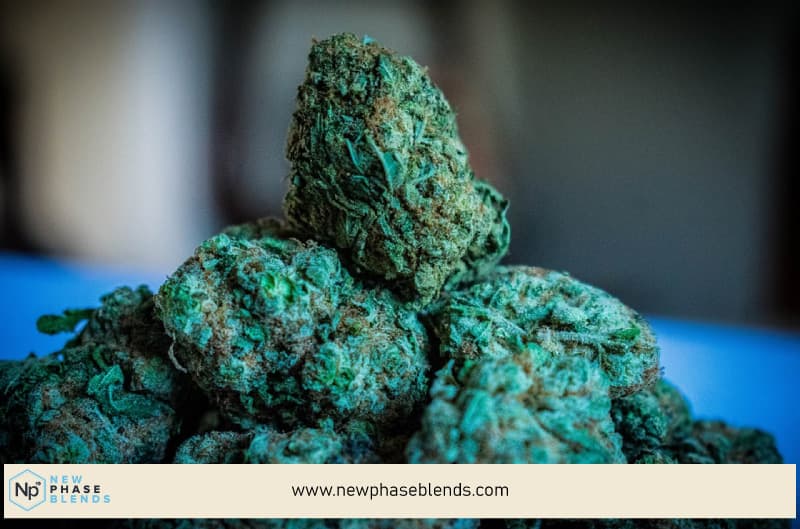
The sales of cannabis compounds and the use of marijuana are illegal in some countries, but this hasn’t prevented the increase of these compounds on the market. Similar compounds, like CBD, were discovered some 80 years ago by researchers.
Delta 9 Chemical Structure
The chemical structure of delta-9 THC contains 21 carbon atoms, 30 hydrogen atoms, and 2 oxygen atoms. It’s molecular formula is C21H30O2.
Is Delta Nine Real Weed?
While this is a poorly phrased question, yes, you could consider Delta 9 THC real weed. Real marijuana, or real weed, contains very high levels of Delta 9. This is (largely) why when you consume marijuana products, you get high.
THC and the Cannabis Plant
According to Cannabinoid Pharmacology, “THC was first discovered and isolated by Israeli chemist Raphael Mechoulam in Israel in 1964.” It was discovered that THC is formed from THCA within the cannabis plant after being exposed to heat, light, and/or time. THCA undergoes the chemical reaction known as decarbonization (just like other cannabinoids) and turns into THC.
To take it a step further, THCA stems from cannabigerol (CBG), which is known as the ‘mother cannabinoid.’
THC (Tetrahydrocannabinol), CBN (Cannabinol), CBT (Cannabicitran), THCV (tetrahydrocannabivarin), and other constituents of the cannabis plant are said to stem from the continuous oxidation of CBGVA.
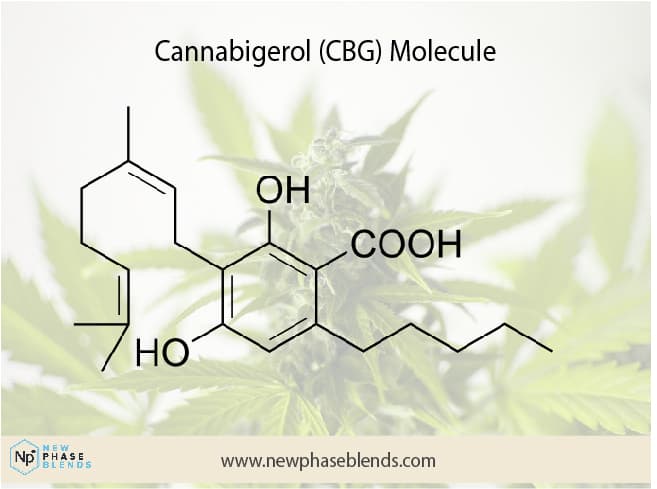
Just as scientists are able to isolate CBD from the hemp plant, they can also isolate delta 9 THC from the marijuana plant. Many different marijuana products are made using this exact process. They can actually make an almost 100% pure THC isolate known as resin. It looks a lot like sap from a tree:
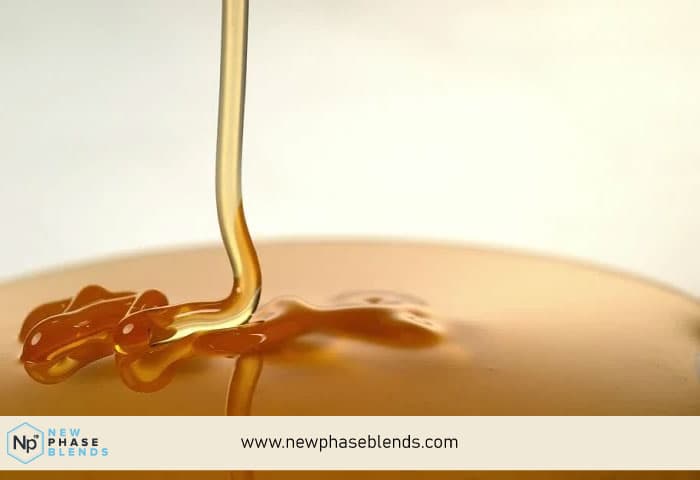
Researchers in the medical field are showing a lot of interest in D9 THC. The ability of it to aid in pain relief, among other areas, is nothing short of incredible.
Is Delta 9 THC the Same Thing as THC?
When comparing delta 9 THC vs. THC, you need to keep something in mind: it’s basically the same thing. If you want to compare different derivates of THC, you need to compare the derivatives directly.
That said, there are very few published articles or findings on the way that this compound performs. We know a little about how THC combines with receptors. It’s mixture with other cannabinoids and reactions at receptors CB1 and CB2 are still relatively unknown.
Benefits of D9 THC
THC is most known for its ability to offer psychoactive effects by how it interacts with CB receptors that are all over our body.
There are a wide variety of benefits to using THC – some of these are even proven in scientific literature.
THC is used to treat several different conditions, including:
- Glaucoma
- Muscle spasticity
- Low appetite
- Insomnia
- Pain relief
- Anxiety
- Nausea
- Poor appetite
- Post-traumatic stress disorder (PTSD)
- Reducing opioid use
- Seizures
- Symptoms associated with HIV/AIDS
Taking a dose that is too high can lead to feelings of anxiety and nausea. Motor skill issues, mental fog, and paranoia are also commonly reported side effects. Most users, however, know their limitations and work their way to higher doses.
As with anything else you experiment with, start with the smallest effective dose and work your way up from there. Here are some of the ways people are using D9 THC to help combat certain symptoms or health problems:
Obesity
Cannabis products have been known, for many years, to increase your appetite. With small amounts of THC, your appetite can be controlled without unwanted side effects such as depression, sadness, and insomnia.
While the science in how this works, exactly, is still unclear – we know it works. Hence the term ‘the munchies.’
Diabetes
People use Delta 9 to help stabilize blood sugar levels. There is a lot more involved in how this works, but this is as deep as we will get in this article.
Epilepsy and Seizure Management
THC, and THC derivatives, have long been used within the medical community to reduce the severity of seizures. It may act as an anti-convulsant, and it has been shown to reduce the frequency and severity of seizures in many patients. This holds true for children and adults.
The compound can also help reduce post-seizure brain fog, leaving the patient clear-headed.
Schizophrenia
Studies have shown that doctors and health care professionals can treat cognitive decline and other negative mental impacts of schizophrenia using delta-9 THC and delta-8 THC.
These compounds are great at triggering the release of serotonin via the use of the endocannabinoid system. Greater levels of focus and mental clarity can offer some relief for patients that are suffering from schizophrenia.
Osteoporosis
Delta-9 THC has shown promise in most people suffering from issues related to bone density and overall bone health. It can stimulate bone growth and regeneration.
Nausea and Vomiting
There have been several studies on using THC to help combat nausea and vomiting. According to one study, “Delta-9-tetrahydrocannabinol was significantly more effective than placebo in reducing the number of vomiting and retching episodes, degree of nausea, duration of nausea, and volume of emesis (P less than 0.001). There was a 72% incidence of nausea and vomiting on placebo.”
Effects of THC on Cannabinoid Receptors
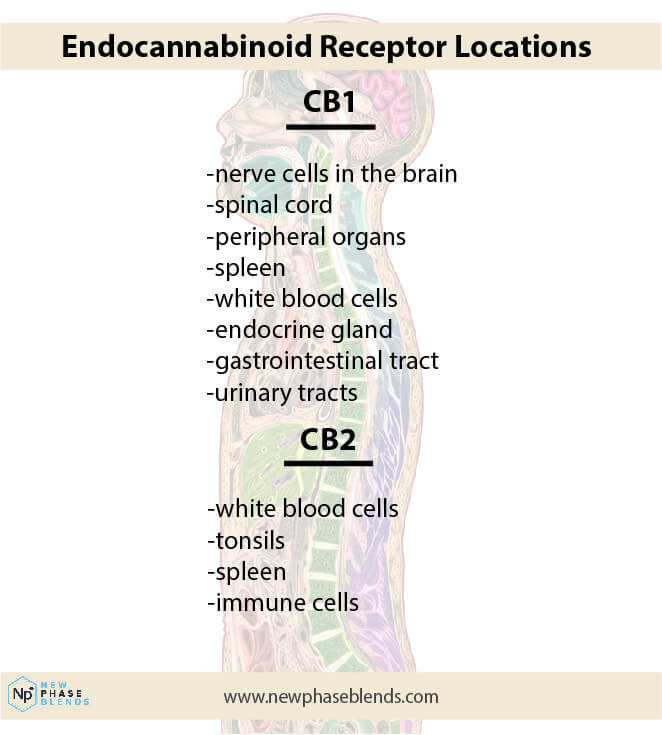
Delta-9 THC produces psychoactive effects by fitting into CB1 receptors in the endocannabinoid system parts of the brain and central nervous system responsible for physiological processes related to memory, pleasure, concentration, sensory and time perception, appetite, and coordination.
The effects of THC are felt because of this interaction. Cannabinoid receptors make up our endocannabinoid system. Other cannabinoids are able to offer a variety of effects because of how they interact with the cannabinoid receptors. Admittedly, there is still a lot we don’t know about what happens at the cannabinoid receptor level.
All animals have an endocannabinoid system, too! There is still a lot we do not understand about the ECS, too. It was discovered in the mid 90’s, which is relatively recent compared to other medical discoveries.
Marijuana Laws and the 2018 Farm Bill
The 2018 Farm Bill, for those who do not know, legalized just about every single cannabinoid within cannabis – except for delta 9 THC.
The Farm Bill has no influence on marijuana laws in the United States, not did it change any of the marijuana laws. Marijuana is still largely illegal in every state, except those that have legalized it for recreational use.
Delta 9 THC vs CBD
We touched on the differences a little bit in the beginning of this article, but the differences between Delta 9 THC vs CBD all come down to one major effect: intoxication.
Delta 9 will make you high when consumed. CBD will not. Both cannabinoids offer similar benefits, although there are a little more peer reviewed studies on using THC against conditions such as glaucoma and cancer.
All in all, if you want to experience the benefits of cannabis without getting high – stick to CBD.
Common Questions About Delta Nine THC
There are many commonly asked questions when it comes to delta-9. If you ever have any more questions, don’t be afraid to reach out and ask.
Does delta 9 make you feel high?
Delta-9 does have an ability to produce high psychoactive effects in high doses. Delta-9 is considered to be more potent when compared to Delta-8. When using any delta-9 products, you will need to start with a low dose and work your way up to a higher dose. It is vital to understand your body’s tolerance levels.
How you consume the products will also depend on how you feel. Smoked THC products go straight into your lungs and you tend to feel the effects a little faster.
The different ways that a product affects you is also dependent on how much you consume and whether you have consumed it on a full or empty stomach.
Another important factor to consider is that if a user builds a tolerance, it is crucial to avoid overindulgence and use or addiction. If you struggle with addiction, make sure you speak to your doctor, dispensary, or favorite cannabis company about choosing a non-psychoactive and habit-forming tincture or product.
Is delta 9 legal?
The legality of delta-9 is dependent on the laws of each state. Delta 9 THC is not federally legal, yet. It is therefor on the federal list of controlled substances. While the laws at a federal level are murky at best, the regulations on a state level change constantly.
It is important to check legality within your state regularly. The good thing is that many states have legalized THC for medical use. A medical marijuana card should be sought after, if this interests you.
Is delta 9 bad for you?
Some cannabis users have no adverse side effects, but some have reported increased anxiety or paranoia. Delta-9THC may not be right for you. Always test it out and see how your body responds to the compound.
Start with the smallest dose and work your way up. If the unpleasant effects continue – but delta-8 THC could offer a solution to those unwanted side effects with decreased psychoactive capabilities.
It is vital that when buying delta-9 THC and other such products that you are selecting the best quality and the purest contents. THC products are sold in several different forms, from vape products, tinctures to edibles and drops; you will find many different forms in which you will find your favorite CBD products.
Why is it called delta 9?
Remember, the full name for delta 9 is ‘delta-9-tetrahydrocannabinol.’ The delta-9 was just taken and made into a slang term for it. That’s it. Pretty straightforward, eh?
Can a hemp product have THC in it?
Hemp products are legally allowed to contain no more than 0.3% THC in them. This is not enough THC to get anyone high, though. If you are looking for a higher THC concentration, stick to marijuana products.
Are there other forms of Delta THCs?
Yes, there are a ton of different forms of THC within cannabis. Delta 8, Delta 10, HHC, and other cannabinoids exist that are part of the THC family. In fact, you can legally use Delta 8 and Delta 10 products, despite the fact that they get you high. This is because of a loop hole in both the Controlled Substances Act and the Farm Bill.
Summary
This was a fun article that got me away from writing about CBD related stuff. While I (obviously) love CBD, there are so many other beneficial compounds within cannabis.
If you could only remember one thing, remember this: delta 9 is just one form of THC. It is the most popular form, and it’s also heavily regulated.
Always purchase from a company that can give you test results from a third-party lab, which ensures that you will always get the right quality and potency.
*FDA disclaimer: none of the statements on this webpage have been approved by the Food and Drug Administration. These statements have not been evaluated by the FDA. These products are not intended to diagnose, treat, cure, or prevent any disease. Medical advice should be sought before starting any supplement. If you are pregnant or nursing consult with a doctor. Medical advice should be sought if you have any pre-existing medical conditions. If you take other prescription medications, a doctor’s advice should be sought. Site void where prohibited.
Back to List of Cannabinoids



